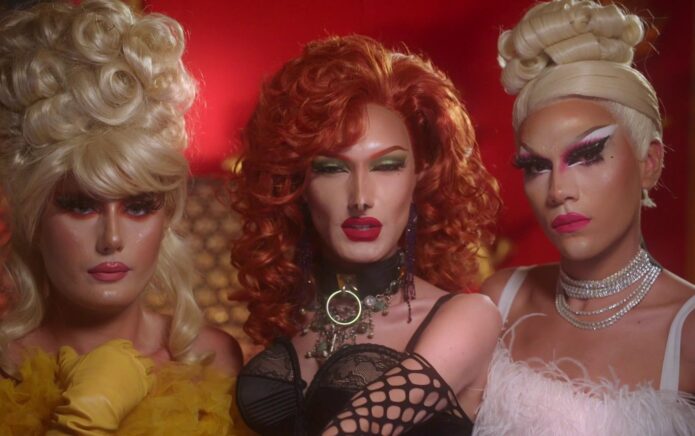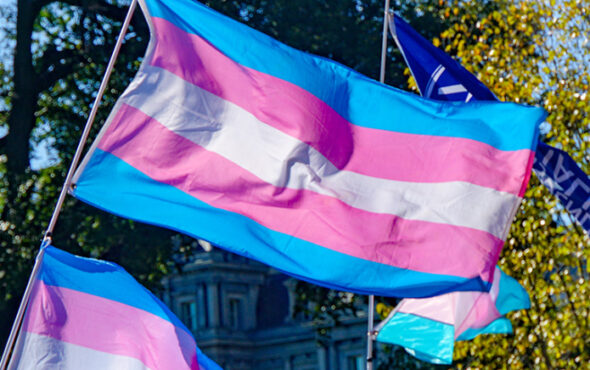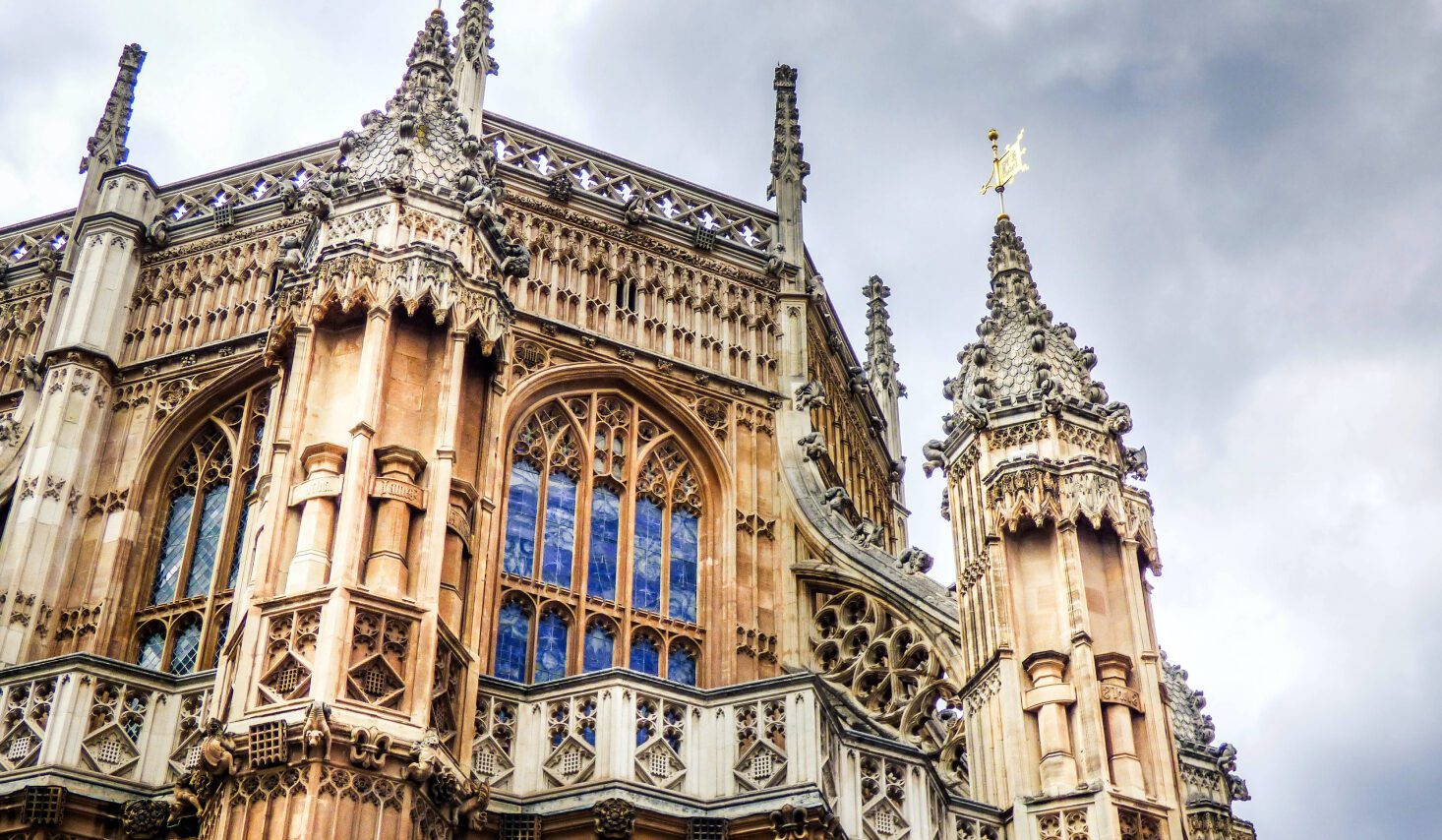
I was delighted to be elected to represent the Diocese of London on the Church of England’s General Synod, as a lay member. The General Synod is effectively the Church of England’s parliament and consists of both clergy and lay members. The election results were announced in October and members are elected for a five-year term (a quinquennium).
Progress on LGBTQ+ inclusion within the Church of England remains slow, but it was inspiring speaking to five LGBTQ+ Christians to find out what their hopes are for the Church of England over the next five years.
Very Revd Joe Hawes, General Synod, Dean of St Edmundsbury:
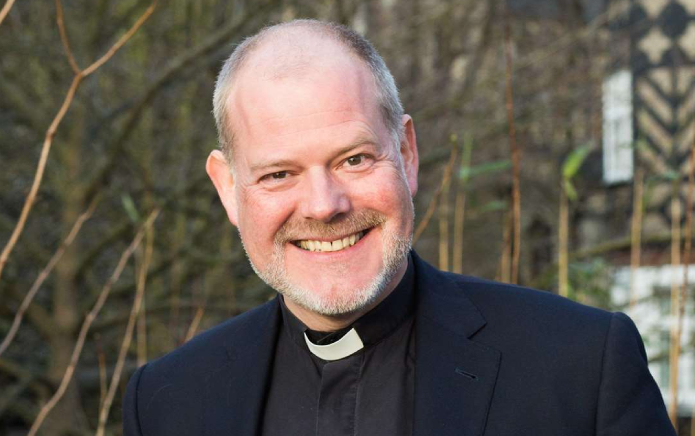
“I hope and pray that the Church of England can take decisive steps towards the justice and mission which is the vision of a truly inclusive Church. The world left us behind years ago and nowadays young people are even less likely to come through our doors when they see us continuing to discriminate against LGBTQ+ sisters and brothers. There must be an end to the culture of ambiguity and repression, of silence, dishonesty and fear where clergy and church workers can’t be honest about who they love and we have to catch up with where God is calling us to be.
“We are going through a course of study and engagement called ‘Living in Love and Faith’ as part of which many of us have had to take a deep breath and tell our stories again. For many, this has not felt a safe experience, and the question remains: when the process comes to an end, what change will we see, what difference will it make? For those of us who have for decades lived with what feels like the last acceptable prejudice, change cannot come soon enough.”
Jayne Ozanne, General Synod, Laity, Oxford:
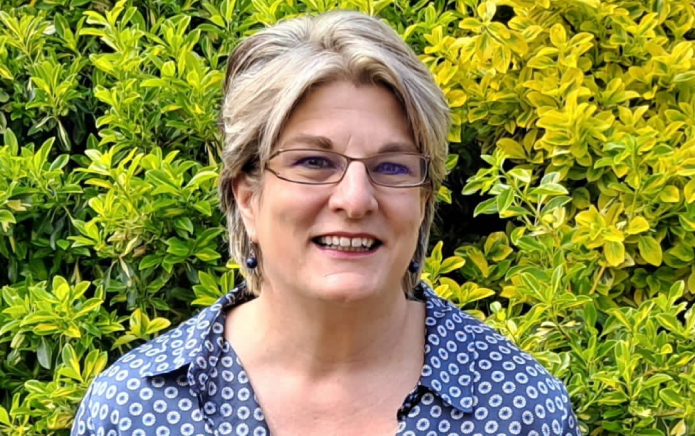
“The Church of England has some major decisions to make – the first of which is whether we are actually going to make a decision at all or whether we will just continue with unholy compromises, where we say one thing and do another. I am constantly amazed at the time and energy we spend talking about ‘winning people back’ in order to stop the Church’s decline, without recognising the obvious fact that many in our country want absolutely nothing to do with the Church of England because they think we are deeply hypocritical given the way we treat LGBTQ+ people.
“Currently, we LGBTQ+ church members are second class citizens – we are not, as Archbishop Justin Welby would have us believe, a ‘Church for all England’. As a result, many are leaving in their droves. And yet for the apparent sake of ‘unity’ the Church’s hierarchy refuses to make any changes! It’s deeply illogical, let alone an affront to the Gospel. We therefore need to urgently move to allowing decisions to be made by conscience – whether that be allowing LGBTQ+ people to make marriage vows before God, family and friends; or believing we should remain abstinent for life (which I personally believe is a very harmful teaching). God knows what will happen, literally.”
Revd Neil Patterson, General Synod, Hereford:
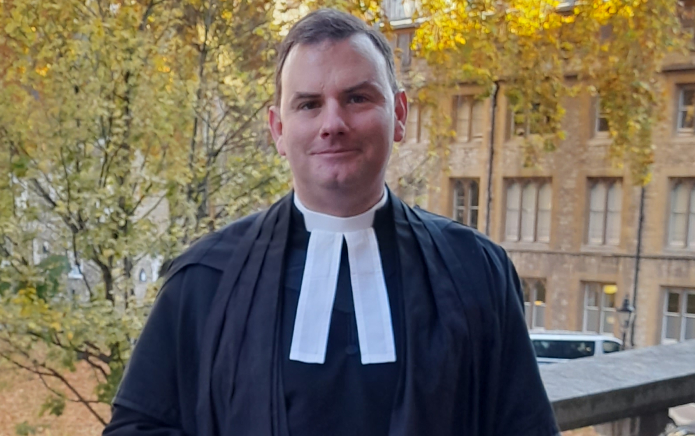
“I have been on General Synod since 2012 and experienced the end of the women bishops’ process, when with thanks we found a way through. It feels as if this Synod really is going to be the one where we stop evading decisions in the sexuality debate, as we have been doing since the ’80s. What I think will become steadily clearer is that we include people with strongly-held and well-grounded views on both sides. For us that means being open as LGBTQ+ Christians that it is our Church, that we belong to and care for.
“And we will realise that neither has the means, even if they wanted, to throw the others out of the Church. And once we get that, and if (as I pray) we see that we love one another, we will start talking about what is possible in order to live together. And then we might be able to get back to trying to make the world a better place as we should be doing.”
Revd Dr Christina Beardsley:
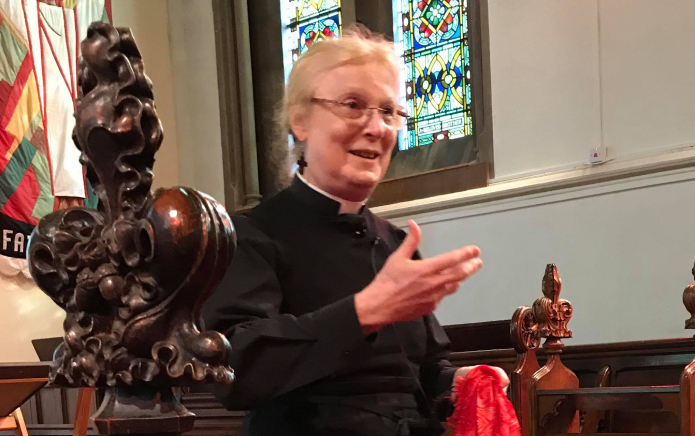
“My hope for the next quinquennium of the General Synod is that there will be no more delay in addressing marriage equality in the Church. After extensive and expensive Shared Conversations on sexuality the previous Synod should have been permitted to at least consider the possibility of equal marriage in the Church of England. The‘Living in Love and Faith’ project, now extended to 2023 due to the pandemic, has effectively led to a moratorium on any debate to do with sexuality: this restriction should be removed immediately.
“I would like General Synod to move the withdrawal of ‘Issues in human sexuality’ , which prospective clergy are currently required to agree to live by, and, if it is still invoked, the 1987 statement on personal morality which underlies it, both of which are highly discriminatory because they place restrictions on clergy and laity in same-sex relationships. The new Synod needs to build on the successful 2017 General Synod motions that called for a ban on conversion therapy and for the welcome and affirmation of transgender people. Both are counter-cultural in a society that is backtracking on LGBTQ+ people’s rights and an important witness to human dignity grounded in the belief that every person is created in God’s image and loved by God.”
Savitri Hensman, academic and theologian:
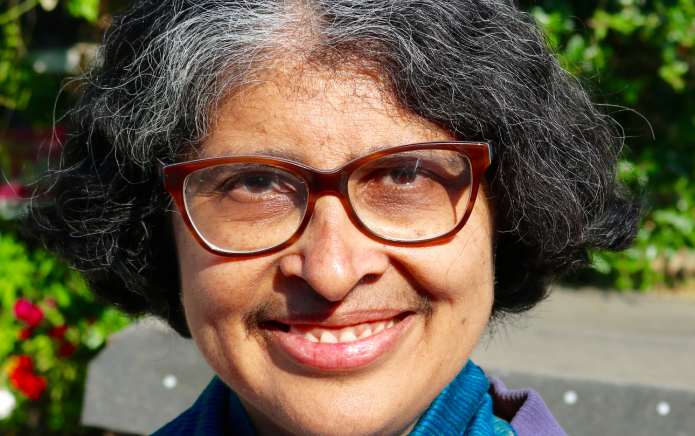
“In recent years, in several churches in Britain, there have been major advances for LGBTQ+ inclusion. For instance the Methodist Church and Scottish Episcopal Church have joined Baptists and the United Reformed Church to allow local churches to celebrate weddings for same-gender couples, while the Church in Wales allows blessings. The Kirk sent a booklet to all congregations on pastoral care for transgender people.
“The Roman Catholic Church, despite valuable diocesan initiatives, lags behind, as does the Church of England centrally, despite numerous members’ frustration. Over the next half-decade, I hope that priests will at least be formally allowed to bless couples and preferably hold weddings if they wish. There should be more openly trans, lesbian, bisexual and gay senior clergy. Safeguarding policies should prohibit conversion therapy.
“In all churches, I believe it should be recognised that LGBTQ+ people can be found in all communities and that commitment to justice for all, global human rights and environmental protection reflects God’s love for everyone. For those of us of Global Majority heritage, it is especially important that church leaders not see equality issues as competing but instead recognise connections. Jesus practised radical inclusion: so should we.”
